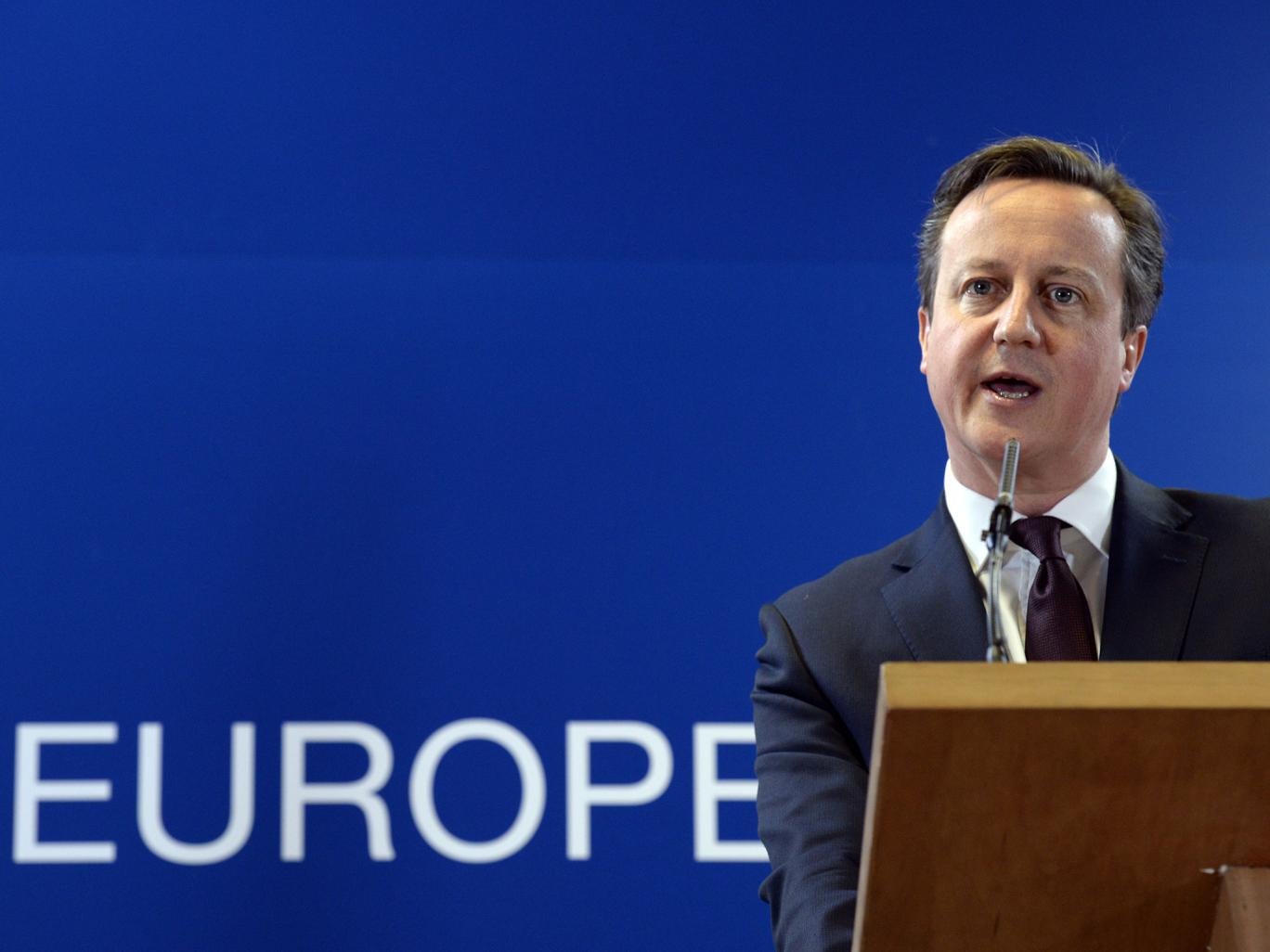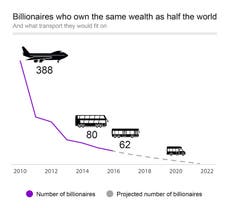The five most controversial ways that the government penalises immigrants
From foster care and benefits to universities and pay thresholds, the Conservatives aren't exactly championing those who arrive from overseas


If there was a competition for one photo embodying the Conservatives' approach towards those wishing to settle in the UK, then David Cameron and Theresa May's 2015 PR stunt - raiding the homes of suspected illegal immigrants - is a close contender for first place. The Home Office advert vans deployed on the streets of London telling those illegally in the UK to "go home or face arrest" would also be a secure bet.
In case there was a category for a video entry, then May’s uncompromising speech at the Conservative party conference in the autumn of 2015 – declaring that high migration makes a “cohesive society” impossible – would give you excellent odds.
But it’s not just photo opportunities, billboards and dangerous rhetoric that have resulted from the government’s crusade to reduce net migration to an arbitrary target in the tens of thousands. More stringent rules, introduced over the last several years, have made life increasingly difficult for those wishing to settle – or who are already settled – in the UK.
In three months’ time the home secretary’s new assault on those wishing to make the UK their home will come to fruition. Under the stringent regulations migrants who have come to work from outside the EU will be deported after five years if they fail to provide evidence they are earning over £35,000 – way above the average UK income. This, it has been claimed, will starve Britain of vital talent in a range of occupations from those in teaching to entrepreneurs and to those in the charity sector.
Today, a petition calling on the Government to scrap this threshold builds momentum. At the time of writing it had soared to over 50,000. For a debate to be forced in Westminster petitions must reach the 100,000 threshold.
Here we look back – and forward – to some of the most controversial ways in which the government penalises people arriving from overseas, or is planning to.
A minimum income level if you want your partner to come to the UK
British citizens and settled residents must now earn at least £18,600 if they want to bring their partner to the UK – up from a post-tax income of £5,500 before July 2012. The government says the minimum income rule is to prevent spouses coming to the UK and becoming dependent on state support. While the exact figure is not known, it is estimated that around 33,000 people have been told they cannot bring their partner to the UK because they don’t earn enough money.
Restrictions on benefits for migrants
If Cameron emerges successful in his crusade to convince his European partners that his reforms are necessary, then a four-year ban on EU migrants receiving in-work benefits will be introduced. The bid to put an end to so-called ‘benefit tourism’, has been met with huge opposition from EU governments with many saying it would break one of the EU’s founding principles by discriminating against workers from other nations.
Migrant children leaving care to have support cut
In December it was reported that last minute changes to the immigration bill would mean thousands of vulnerable migrant teenagers leaving care homes and foster families could be denied access to state support when they turn 18. James Brokenshire, the immigration minister, said the measures were an attempt to deter them from staying in Britain once they turn 18. “We are saying that, at the point at which someone becomes an adult, they should be leaving the UK and not stay put within the UK.”
Student work rights reduced, with more scrutiny on colleges sponsoring international students
As part of its failed plan to cut net migration to below 100,000 per year the government has made life difficult for international students – for example, in 2012 the coalition scrapped the post-study work visa that had previously allowed students to stay in the UK and work for up to two years after graduating.
Speaking in December 2015 business secretary Sajid Javid told BBC Radio 4’s Today programme that he wants to “break the link” between studying and settling to work in the UK.
According to Fullfact, visas issued to international students fell by more than 50,000 from 2010-2014 and over 800 colleges had their license to sponsor no-EU student revoked or failed to reapply under new rules.
Pay threshold of £35,000 for non-EU migrants
Under the new rules, which are set to come into effect in April, people who have come to work in Britain from outside the EU will be deported after five years if they fail to show they are earning more than £35,000.
These people need a work sponsor, are not entitled to receive public funds, have to pay a health surcharge to access the NHS and must also put up a sizeable fee – sometimes in excess of £1,000 – to have their visas extended by a year.
A petition has recently been launched calling on the Government to scrap the policy which “discriminates against low-earners”, including nurses and teachers.



Join our commenting forum
Join thought-provoking conversations, follow other Independent readers and see their replies